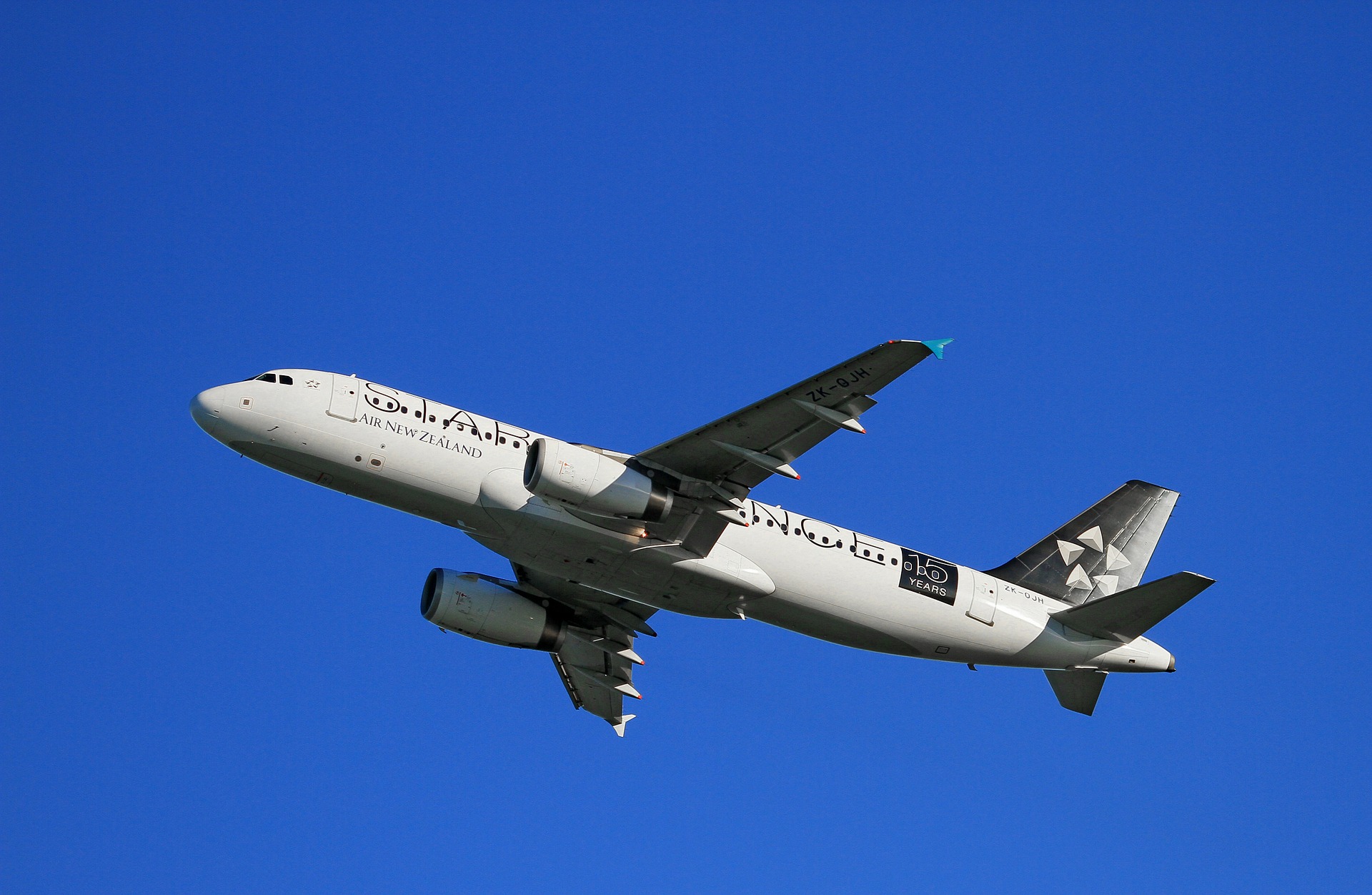Airbus has brought together a team of aerospace specialists to carry out a study of carbon emissions in flights with sustainable fuel (SAF), part of the intentions is to obtain results that guide aeronautical technological development to commercial aviation responsible with the environment and society; the results will also provide a paradigm of the current performance that sustainable fuel has both in terms of performance and in the pollution generated by its use.
SAF fuel
The fuel to be analyzed is the so-called “Sustainable Aviation Fuel” (SAF) from the company Neste. This type of fuel is used in jet aircraft and in order to obtain the SAF designation, prestigious independent entities must analyze its composition and production processes.
SAF certification mainly verifies its raw material, which must meet the criteria of the so-called “triple balance”, which reflects the impact that raw material production has on the social, economic, and environmental dimensions. In addition, there are also carbon emission control schemes that a SAF fuel must comply with. The European NGO Roundtable on Sustainable Biomaterials (RSB) was the first body to launch certifications for SAF fuels.
Various partners interested in the study
Airbus has the backing and support of other companies to carry out the research, including Rolls-Royce, the German research center DLR, the sustainable fuel producer Neste, among others; together, they hope to synchronize efforts to analyze the effects of the use of SAF in its entirety by commercial aircraft.
The studies to be carried out
First, it should be noted that the process to analyze the operational fuel efficiency will be carried out both in the air (real flight) and on the ground (“laboratory experimentation”). The studies on the ground are the ones that are carried out first to ensure that the methodologies applied for operation in flight are the ideal ones.
Those involved have determined that the aircraft to be used as the test subject will be the Airbus A350- 900 powered by Rolls-Royce Trent XWB engines, the compatibility of the aircraft along with the engines to operate at 100% will be tested as the first step with sustainable fuel and whether the systems behave normally in this configuration. The Airbus facilities in Toulouse, France, are home to the first trials of the test study (some of which have already begun); the second stage, consisting of flight test analysis, will take place in April and this time will use a DLR Falcon 20-E aircraft, where the impact of in-flight emissions will be measured using 100% SAF fuel.
What do you think of this topic? Do you think that the fuel to be analyzed really proves to be environmentally friendly?
If you have any doubt or question you can contact us or write your query in the comments section below.
Image by Holger Detje via Pixabay under Creative Commons license.
